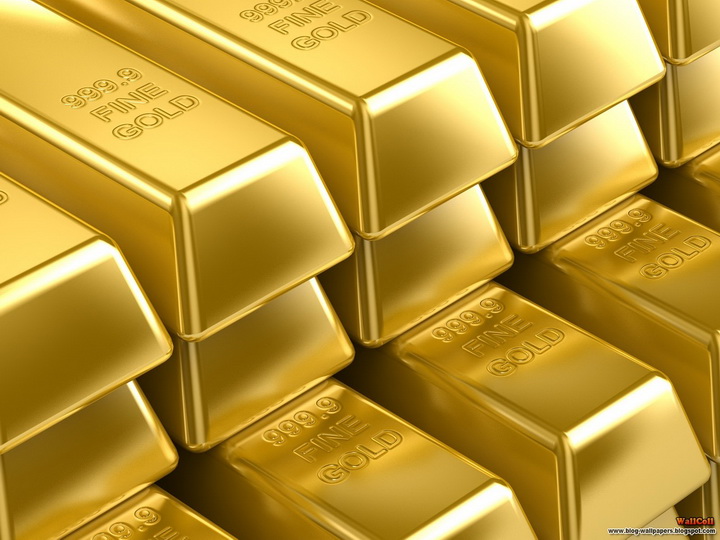Gold Is One Wealth Fund's Escape From Geopolitics, Credit Risk – BLOOMBERG

By Zulfugar Agayev
For Azerbaijan’s sovereign wealth fund, nothing beats the safety of gold in a world gripped by trade disputes and geopolitical risk.
Known as Sofaz, the fund is looking to almost double its holdings of the precious metal in 2019 to 100 tons after resuming purchases in 2018 following a five-year break. By contrast, it’s steering clear of larger bets on bonds and especially equities, an approach that Executive Director Shahmar Movsumov says allowed the fund to avoid losses last year.
“We would want to have something that is not someone else’s credit risk,” Movsumov said in an interview in the capital, Baku, on Friday. “In a world where you see the changes in geopolitics, changes in reserve currencies, changes in the dynamics between superpowers and their imminent impact on the financial sector, you want to be on the safe side.”
As a traditional haven in times of turmoil, bullion is seeing a resurgence of demand after the U.S. Federal Reserve signaled that interest-rate increases could be off the table for now. Signs of a global slowdown and the prolonged U.S.-China trade war have added uncertainty to financial markets. With sentiment toward gold brightening since mid-October, it finished last year with its best quarter since March 2017 as stock-market volatility and a partial U.S. government shutdown also spurred demand.
Sofaz, whose holdings now exceed 80 percent of Azerbaijan’s gross domestic product, was established in 1999 to manage oil and natural-gas income of the third-largest crude producer in the former Soviet Union. The fund expects its assets to rise by $2.3 billion and hit a record high of $40 billion this year, Movsumov said.
In 2012, Sofaz started to diversify by adding gold, equities and real estate. While the regulations allowed the fund to invest as much as 25 percent of its holdings in equities last year, it opted to keep those investments as low as 13 percent to 14 percent.
“We decided that it was not the right time to increase investment in equities, and we were right,” Movsumov said. “As life showed, last year was a very bad year for equities.”
Azeri President Ilham Aliyev signed a decree in December to change Sofaz’s guidelines, allowing it to double the allocation for gold to 10 percent of its investment portfolio. The share of bonds and money-market instruments was reduced to 55 percent from 60 percent. The fund made a “very small” profit in managing its assets last year but probably avoided losses thanks to the decision not to increase exposure to equities.
“Our peers made a lot of losses because of a bigger allocation into stocks,” Movsumov said. While Sofaz wants to take more risks as a long-term investor, the “risk appetite” of its stakeholders -- the country’s citizens and local media -- isn’t yet there, he said.
Sofaz had had more success investing in real estate, which has generated a “very steady income,” Movsumov said. It’s bought commercial real estate in London, Paris, Milan, Moscow, Seoul and Tokyo, and is still looking at markets in Europe, North America and Asia for more opportunities. There’s more interest in Asia because of better prospects for economic growth, he said.
While the fund has carried out direct acquisitions of real estate in previous years, nowadays it prefers investments via real estate funds because direct acquisitions requires more resources, Movsumov said.
All of the gold Sofaz buys overseas is transported to Azerbaijan to be stored in its new building on Baku’s Heydar Aliyev Avenue. Asked why the fund doesn’t want to keep at least part of its gold holdings abroad, Movsumov said it’s a purely commercial decision and has nothing to do with trust.
“If you look at the returns on gold investments, they are so miserable that if there is a small change in tariffs on imports of gold, that will simply eat up all your returns,” Movsumov said. “So why bother? It’s better keep it in your vault downstairs.”














